US sanctions woman it calls Vladimir Putin’s girlfriend, Alina Kabaeva
The US Treasury Department has unveiled a fresh raft of sanctions on Russian companies and people around Vladimir Putin, including the Olympic gymnast believed to be his girlfriend.
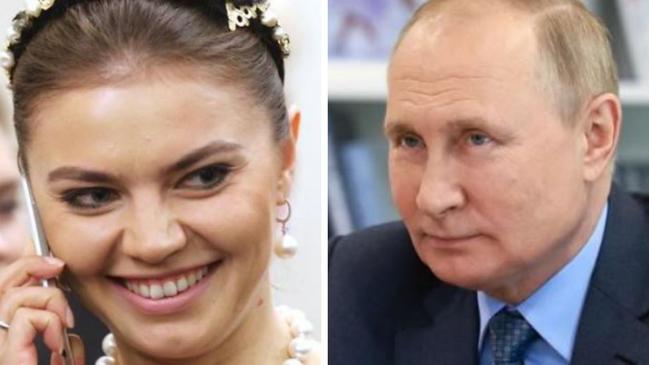
The US Treasury Department has unveiled a fresh raft of sanctions on Russian companies and people around Vladimir Putin, including a famed former Russian Olympic gymnast whom the US government believes to be the Russian President’s girlfriend.
The measures come as the Biden administration has been deploying actions that it had previously baulked at in its quest to punish Moscow for its invasion of Ukraine. The gymnast, Alina Kabaeva, was named among some prominent Russian business leaders and officials who have played a role in supporting the Russian government during the invasion.
The Treasury Department said the sanctions targeted “Kremlin-connected elites, a major multinational company, and a sanctions evasion operation, as well as one yacht”.
The statement called Ms Kabaeva “a close personal friend” of Mr Putin who is also head of National Media Group, a pro-Kremlin empire of television, radio and print organisations.
Ms Kabaeva, a former Olympic champion rhythmic gymnast known in the sport for her extreme flexibility and an international doping scandal, is suspected of playing a role in hiding Mr Putin’s personal wealth overseas, US officials have said.
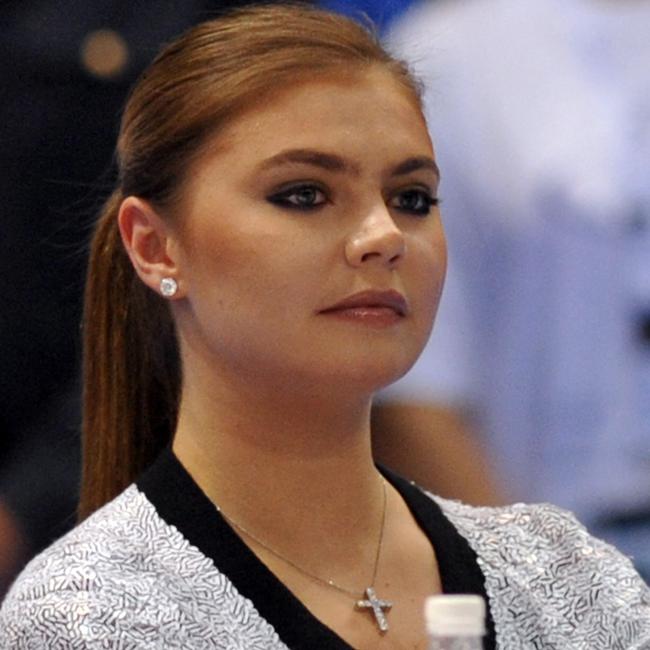
Mr Putin, 69, has never acknowledged a relationship with Ms Kabaeva, 39, who is a celebrity inside Russia and a former cover model for Russian Vogue. He has publicly shrugged at Western sanctions, and ordered his government to reorient its trade toward partners such as China and India, which haven’t joined the US and its allies in the measures.
It isn’t clear what effect the sanctions will have on Ms Kabaeva. While sanctions have punished Russian elites with dealings abroad, Mr Putin’s innermost circle has curtailed travel since the beginning of the invasion. Inside Russia they remain enveloped in an elite that relies little on Western financial instruments.
Still, the sanctions continue to hurt Russian oligarchs who were caught off guard with assets in the West. Also sanctioned by the Treasury Department was Andrey Grigoryevich Guryev, whom the Treasury called a close associate of Mr Putin. Mr Guryev founded a leading Russian chemical company and owns Witanhurst, the second-largest estate in London after Buckingham Palace.
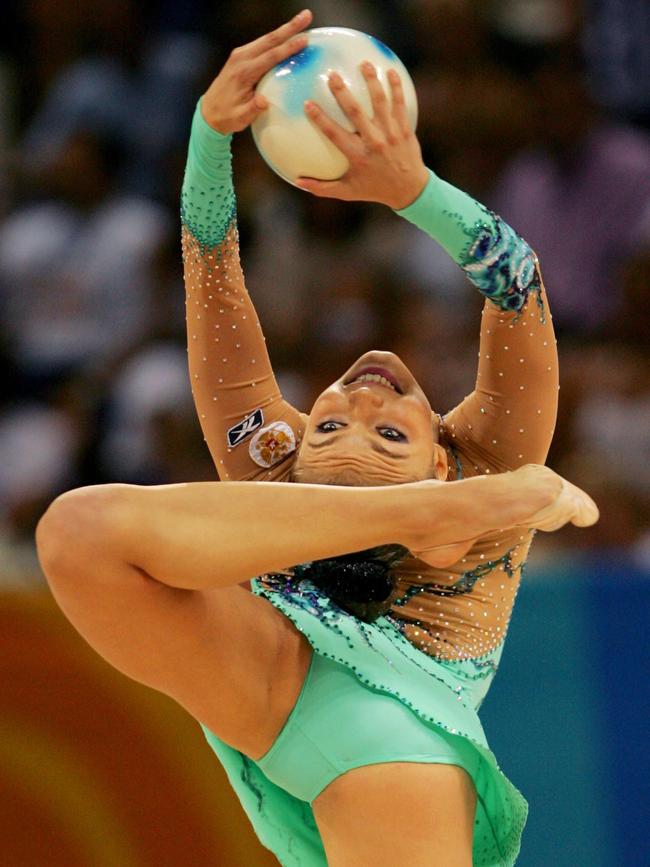
The Treasury Department said it also identified his Cayman Islands-flagged yacht, Alfa Nero, which it says he bought for $US120m in 2014, as blocked property. The Treasury Department noted that the yacht had reportedly shut off its location tracking hardware to avoid seizure.
Many of the sanctions, including those on Ms Kabaeva, were announced previously by the EU and Britain, and the slower-moving US bureaucracy that approves sanctions is now playing catch-up, said Daniel Fried, former sanctions co-ordinator for the US Department of State, where he also served as an assistant secretary of state for European and Eurasian Affairs.
But some of the measures are significant, he said, because they will complicate Mr Putin’s plans for alternative trade routes that evade the US and Europe, Mr Fried said. In its statement, the Treasury Department said the targeted elites and businesses “operate in economic sectors that generate substantial revenue for the Russian regime, including from sources outside of Russia”.
Mr Fried noted that many of the firms on the list were technology companies that could be vital to Russia’s continuing war effort. “In the case of Indians or Chinese, if they are dealing with a sanctioned individual, they will be subject to penalties themselves,” he said. “It will be good cause for them to be thinking twice.”
While economists say sanctions could cripple Russia’s efforts to modernise its economy in the long run, their short-term effect on Kremlin behaviour appears to have been negligible. With a collapse in imports, Russia is running a massive trade surplus, with the government continuing to collect billions in import revenue.
The efficacy of sanctions against Russia has been blunted by the size of its economy and the fact that it has been well integrated into the global economy as a major supplier of natural resources. Russia is one of the world’s largest exporters of metals and oil, and since the onset of sanctions its oil revenue has surged despite moves by the West to stop buying Russian crude.
Moscow has instead turned its shipments to China, India and Turkey and other developing nations that have bought huge quantities of Russian oil since the beginning of the war in February at a discount of more than 20 per cent compared with Western oil prices. Russian oil is also still flowing into Europe, which has decided to ban most purchases of Russian oil but only at the start of the new year.
The Wall Street Journal
More Coverage
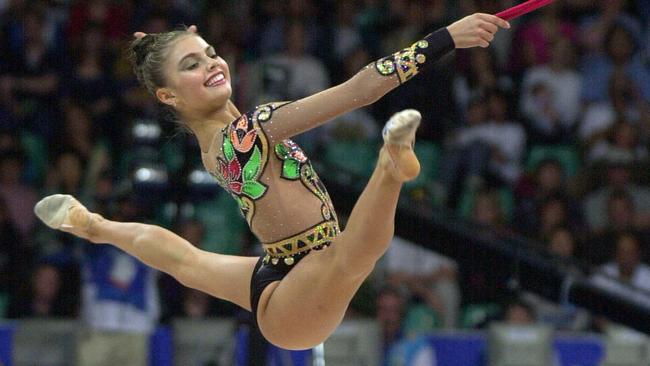

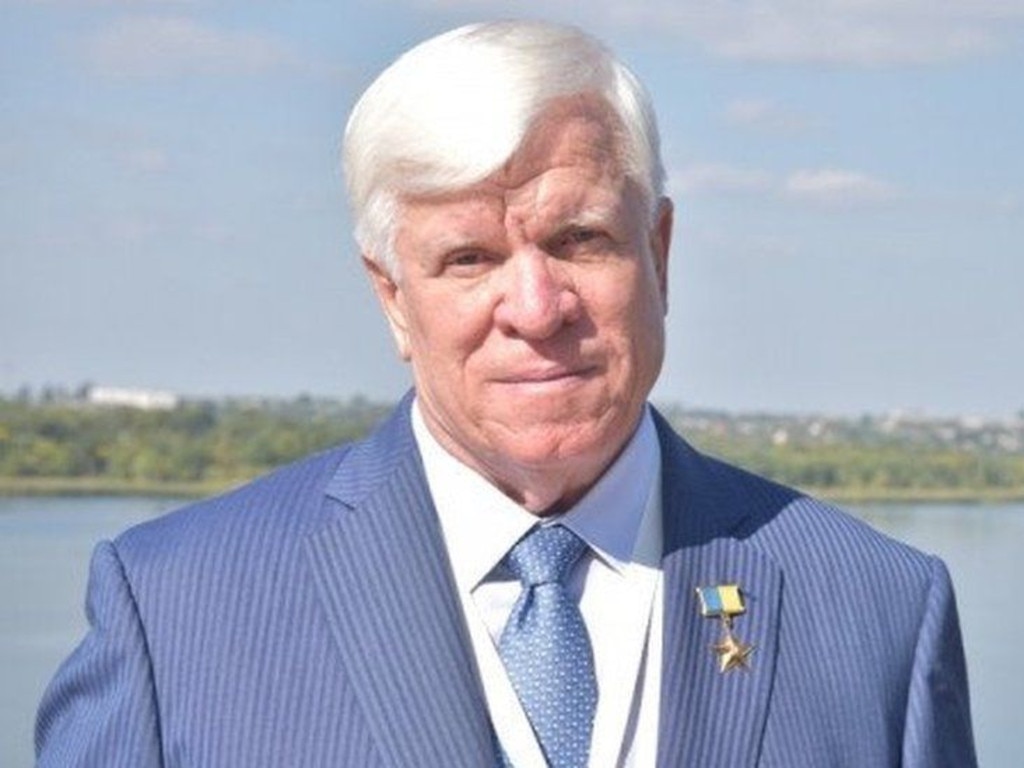



To join the conversation, please log in. Don't have an account? Register
Join the conversation, you are commenting as Logout